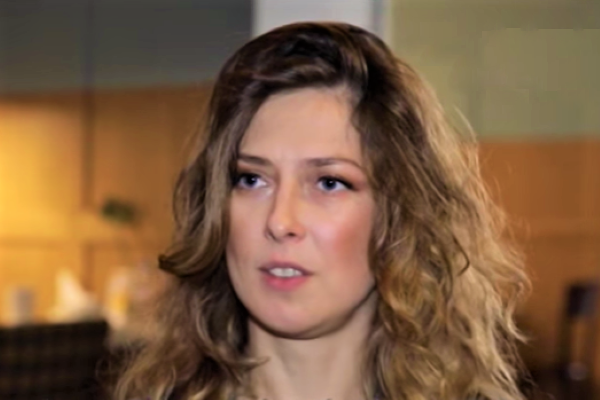Iran’s ambassador to Russia released a statement on Friday claiming that journalist Yulia Yuzik would be released from an Iranian prison “shortly.”
By World Israel News Stadd and AP
A Russian journalist named Yulia Yuzik was arrested in the Iranian capital and kept in custody since earlier this week, the Russian embassy to Tehran announced Friday.
Yuzik’s former husband Boris Voitsekhovsky said on Facebook on Friday that she called him from detention saying that she faces charges of espionage for Israel.
That contention was confirmed by a statement from Iran’s Ambassador to Russia Mehdi Sanai on Friday, who communicated to Russia’s deputy foreign minister that a Russian journalist was in fact arrested in Iran on suspicion of spying on Iran for Israel’s benefit.
According to the Iranian ambassador, Yuzik will be released “shortly” after police question her. The ministry didn’t elaborate further.
The Russian embassy’s press attaché told the Tass news agency that Yuzik flew into Tehran last Sunday and that Iranian officials seized her passport at the airport, without providing a specific reason for this measure at the time. She was arrested in her hotel room on Wednesday.
The Russian foreign ministry summoned the Iranian ambassador to Moscow to explain Yuzik’s arrest.
Yuzik, who worked for several prominent Russian publications and has reported from Iran, posted pictures from her trip on Instagram earlier this week, saying that she loved being there.
Iran, a well-known human rights abuser, has a history of jailing visiting ex-pats and foreigners and generally does not allow consular access to detainees.
In September, Iran confirmed it arrested a travel-blogging couple named Jolie King and Mark Firkin, accusing the Australian nationals of “spying.”
A number of American citizens either originally from Iran or of Iranian descent have also been arrested in the Islamic Republic since 2015. In 2016, several Iranian-American prisoners, including journalist Jason Rezaian, Christian pastor Said Abedini, and ex-marine Amir Hekmati were released in a prisoner swap carried out as the Iranian nuclear deal took effect.



